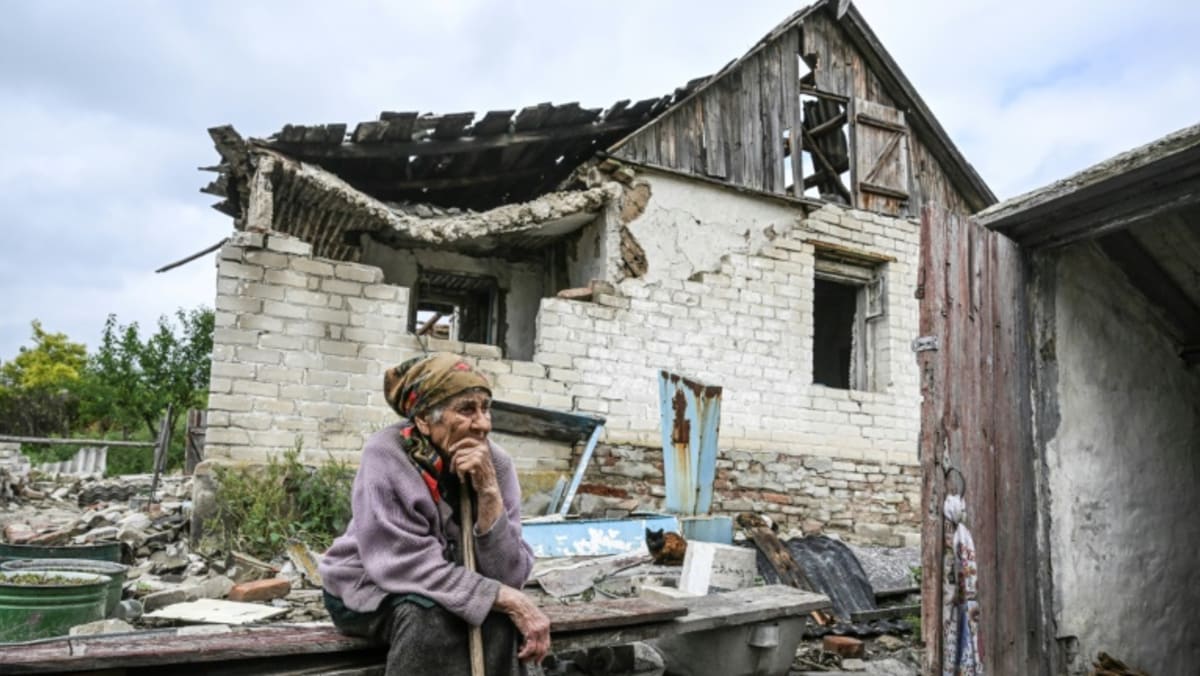
These pro-Russia groups could also funnel the donations through different cryptocurrency exchanges to obfuscate cashout points.
For instance, research by TRM Labs showed that Task Force Rusich posted a message on Jun 28 indicating that collections were closed, before disseminating a new wallet address on Sep 6.
“After Task Force Rusich’s message on Jun 28, 2022, the addresses disseminated by the channel deposited over 99% of the funds received into a different exchange, with no further observable funds being deposited at addresses at the previous exchange,” TRM’s report said.
On top of that, some transactions involving these pro-Russia groups go through what is known as a mixer, a service that mixes different streams of potentially identifiable cryptocurrency to make it harder to trace.
Chainalysis’ research shows that Project Terricon, which has solicited cryptocurrency donations to support Donbas militia groups, has received roughly 11 per cent of its funds indirectly from mixers.
“Terricon explicitly states on their website that they are using cryptocurrency due to the imposition of sanctions, and have even offered several non-fungible tokens for fundraising,” the report said.
Mr Fierman said the “comprehensive sanctions” slapped on Russia since it invaded Ukraine, cutting out traditional currency support, is one reason these groups are turning to cryptocurrency.
“However, through strong know-your-customer policies, due diligence and advanced blockchain analytics, cryptocurrency exchanges can gain further insights into the specific blockchain wallet,” he said.
“Thanks to the transparency of the blockchain, exchanges can also retroactively trace back funds that were moved for these illicit activities and flag high-risk activity to the respective law enforcement agencies.”
WHAT CRYPTO EXCHANGES ARE DOING
Sparrow, a cryptocurrency exchange operating in Singapore, said it refuses business relationships and prohibits transactions that involve entities and individuals from sanctioned countries, including Russia.
“We analyse the source and destination of funds from or to crypto wallets to verify it’s not coming from or going to Russia,” the firm’s chief risk and compliance officer Mak Chung Yee told CNA.
“We also screen against updated lists of sanctioned individuals and entities using a mix of public and proprietary data sources. Finally, we block IP addresses in Russia from accessing the Sparrow platform.”
Ms Mak warned that it is very difficult for the average user to determine the beneficiaries of a cause, or if a wallet is linked with illicit or war-related activities, as this typically requires the use of costly systems and data sources.
“That is why it is important to transact with a licensed and responsible financial institution that operates with high standards of compliance. They can carry out customer due diligence meticulously and monitor transactions in real-time,” she said.
Ultimately, Ms Mak said Sparrow works closely with relevant authorities to report “all suspicious activities”, adding that she is unable to disclose specifics.

